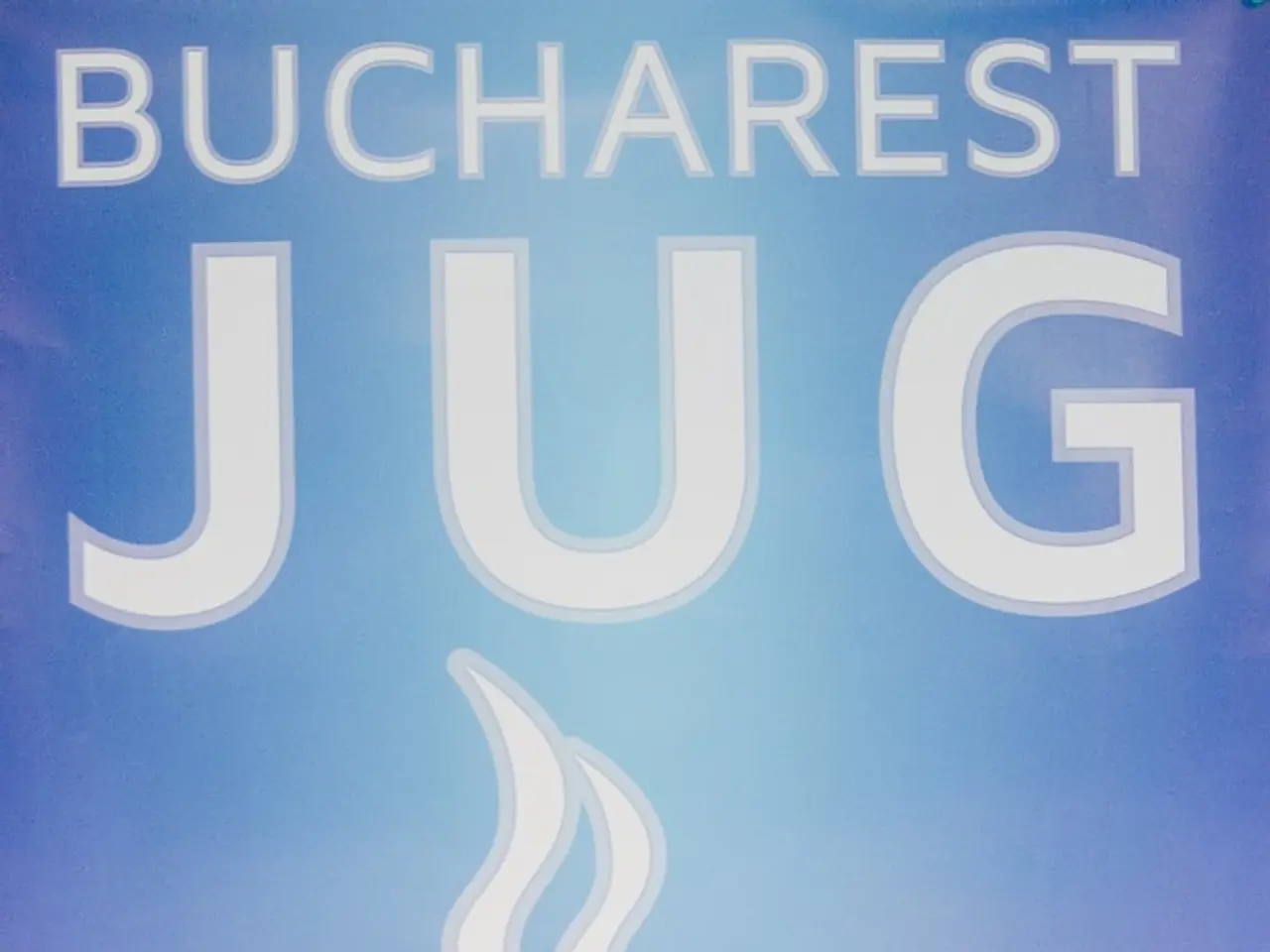Groceries retailer Ocado sees a rise in share prices due to a £750 million boost from their joint venture with Marks & Spencer
In a promising sign of progress, Ocado, the UK-based online supermarket, has reported significant growth in its financial performance for the first half of 2025. The company's earnings before interest, tax, depreciation, and amortization (EBITDA) rose by an impressive 76.4% to £91.8m.
The growth is primarily attributed to the company's technology solutions segment, which saw a 14.9% increase in revenue. Ocado's share price spiked more than 13% in early trades following the announcement.
Despite the positive developments, Ocado still faces challenges, particularly with cash flow. The company reported a net cash outflow of £108 million in H1 2025, although this represents a reduction of £93 million compared to the prior year. Ocado's CEO, Tim Steiner, has stated that the focus is on turning cash flow positive during FY26.
The company's tech licensing model has seen slow adoption and returns, and the Ocado Retail joint venture, a partnership that began five years ago, has faced trouble. M&S chairman Archie Norman has expressed dissatisfaction with its financial performance. However, Ocado Retail maintained its position as the fastest-growing grocer in the UK, reporting a 16.3% revenue increase and an EBITDA of £33.3 million in H1 2025.
Market analyst Mark Crouch has expressed caution about Ocado's ability to consistently generate profitable growth. The accounting boost was a one-off item related to the valuation of Ocado's stake in the Ocado Retail joint venture upon deconsolidation, which now accounts for its contribution as an associated company rather than a subsidiary.
In other developments, Ocado has transferred the reporting of Ocado Retail to M&S but continues to retain its share in the partnership. The company has also announced plans to launch eight new customer fulfillment centers in the next three years.
In international markets, Ocado has gone live in South Korea and a market in the Kingdom of Saudi Arabia (KSA). However, the company has faced competition from supermarkets' own delivery services, which became more efficient during the pandemic.
In summary, Ocado's financial situation shows clear progress towards profitability but continues to face challenges, especially with cash flow and its Ocado Retail joint venture. The company's revenue for the first half of 2025 rose to £674m, a 13.2% increase. The EBITDA margin for Ocado's tech solutions arm in FY25 was between 20-25%. Despite strong headline profits driven by accounting gains from JV deconsolidation, cash flow remains negative, with Ocado targeting cash flow positivity by FY26 through strategic improvements.
Technology played a significant role in Ocado's financial growth, with the technology solutions segment witnessing a 14.9% revenue increase. The company aims to improve cash flow and achieve cash flow positivity by FY26, a business challenge it currently faces. In the meantime, the market analyst, Mark Crouch, has expressed caution about Ocado's ability to consistently generate profitable growth in finance, especially considering the slow adoption and returns from its tech licensing model.




